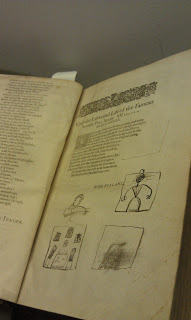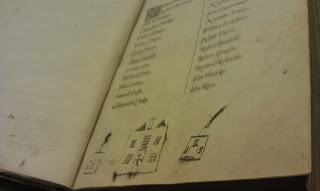Dr. Carl Atkins, a regular contributor to this site, sent me a link to this amusing article that he was sure I would not have seen. What kind of article do you get when you’re friends with a legit medical doctor who is also an author of Shakespeare books?
Why, an article from one of his medical journals, of course. About drownings in Shakespeare.
Starting with the story of 5yr old Jane Shaxspere (who may have been the inspiration for Ophelia?) the article moves on through Twelfth Night, The Tempest, Richard III, Merchant of Venice and even King John, all of which demonstrate their own variations on drowning, falling, submerging, and the fear of these things. Just how prevalent was drowning in Shakespeare’s day? Was it the sort of thing where you woke up in the morning and thought, “I hope I don’t drown today!”
This posting marathon, in celebration of Shakespeare Day, is brought to you by nothing but my time, my resources, and my love for the subject. While we’ll always be the original Shakespeare blog, it takes a significant amount of effort to make us the best in the digital universe. If you’ve not yet seen how you can show your support, now’s a great opportunity. If you’ve already done so, thanks very much!



